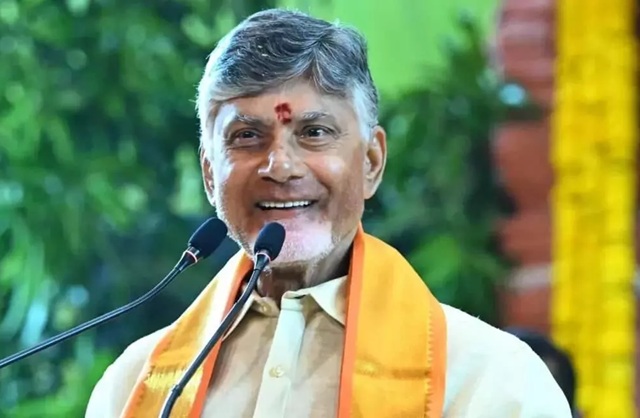One of India’s most influential regional leaders, N Chandrababu Naidu, is leveraging his strengthened political position as a key ally of Prime Minister Narendra Modi to launch an ambitious quantum computing hub in Andhra Pradesh, aiming to rival the country’s largest technology centers.
Naidu, the chief minister of Andhra Pradesh, told the Financial Times in his first foreign media interview since last year’s elections that the new “Quantum Valley” would surpass the tech cluster he helped build in Hyderabad during the 1990s. “Quantum Valley is the next step,” Naidu said. “This is the city I wanted to build.”
Naidu’s Telugu Desam Party regained control of Andhra Pradesh and secured 16 pivotal seats in the national parliament, boosting his influence at the federal level and winning backing from New Delhi for his vision to transform Andhra Pradesh from an industrial backwater into a cutting-edge technology hub.
Central government support has helped channel financing from the World Bank and Asian Development Bank to construct a new state capital at Amaravati, Naidu’s flagship project. The tech park aims to bring together scientists and developers to harness quantum computing for applications ranging from research to energy optimization and manufacturing.
Highlighting India’s strengths, Naidu noted, “Indians are very strong in mathematics and very strong in English. These two are a deadly combination for information technology.”
Major corporations including IBM, Tata Consultancy Services, and Larsen & Toubro are anchor investors in Quantum Valley. IBM is in talks to build India’s most powerful quantum computer there. While investment amounts remain undisclosed, Scott Crowder, IBM’s vice-president for quantum adoption, described the project as “pretty solid,” with IBM providing computing power, L&T building infrastructure, and TCS securing users.
Additionally, Andhra Pradesh signed a memorandum of understanding with Google in December to establish an artificial intelligence data center in Visakhapatnam (Vizag), though the initiative is still in early stages.
Naidu’s previous tenure is marked by success in attracting global tech giants, notably convincing Bill Gates in 1998 to establish Microsoft’s first foreign R&D center in Hyderabad, a move that cemented the city’s reputation as an IT powerhouse, often called “Cyberabad.” Today, Hyderabad hosts thousands of employees from Microsoft, Apple, and other tech firms.
Despite Andhra Pradesh’s significant contribution to India’s overseas tech workforce, it has lagged behind neighboring Telangana in attracting foreign investment. Naidu’s longstanding ambition to develop a new tech-driven state capital at Amaravati faced setbacks after he lost power in 2019 and was briefly jailed in 2023 on corruption allegations related to the project—charges he denies.
Political analysts describe the 75-year-old Naidu as a seasoned survivor with a complex relationship with Modi and the ruling Bharatiya Janata Party. Once dubbed a “kingmaker” in the 1990s for supporting BJP governments, Naidu had publicly criticized Modi during the 2019 election campaign, calling him a “hardcore terrorist.”
Yet, since Naidu’s electoral comeback, he has praised Modi extensively, reflecting a political reconciliation as the BJP seeks to strengthen its foothold in southern India. “Since Naidu won the election with a thumping majority, he has been praising Modi to the skies,” said Hyderabad-based analyst Ramesh Kandula.
Naidu predicted the BJP-led alliance would win India’s next national election in 2029 and that Modi, turning 75 this year, would seek another term. “He’s a good leader, the right leader for the nation,” Naidu said.
